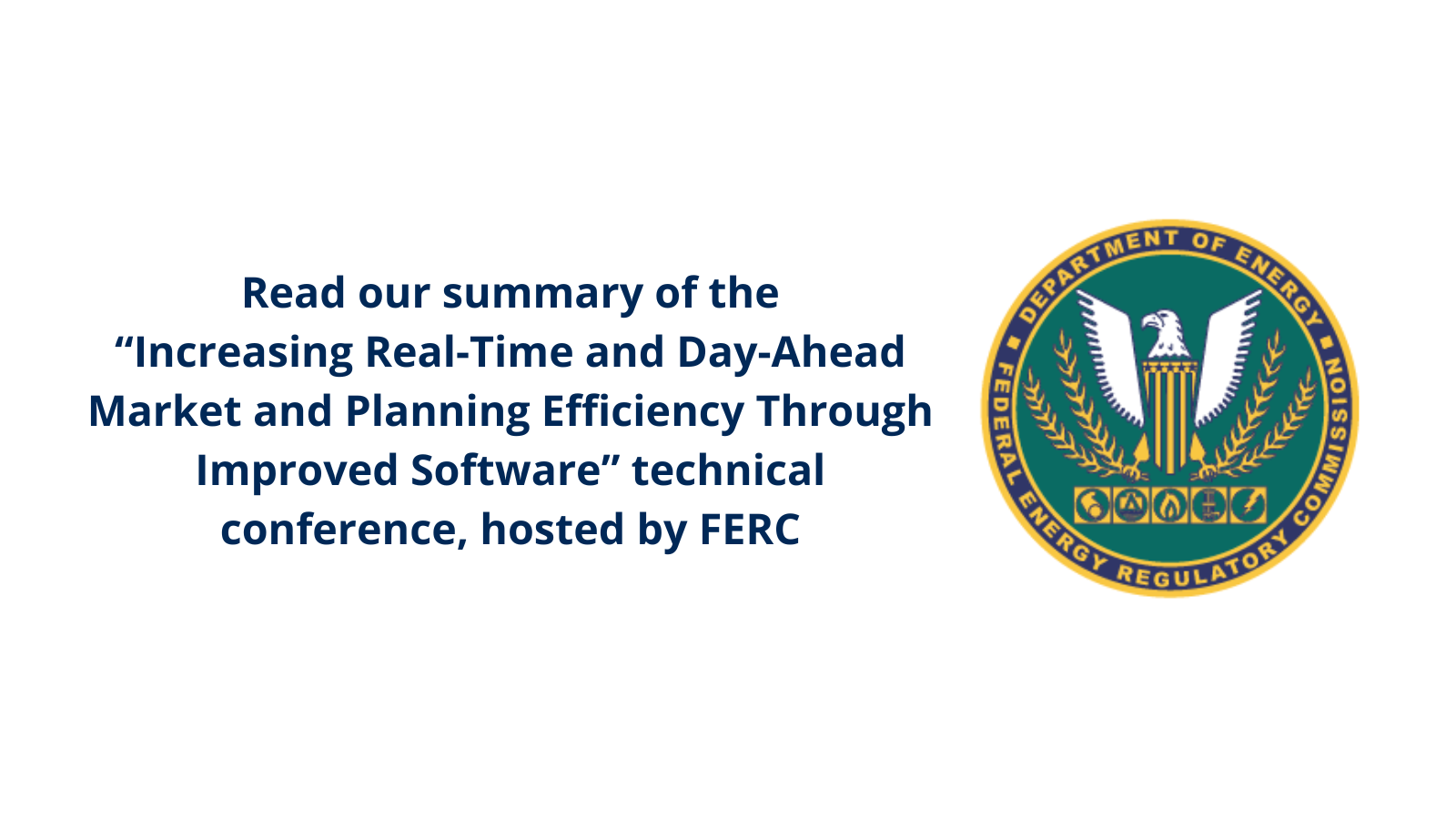OpenSynth is an open data community democratizing access to AI-generated synthetic and real energy data, accelerating the decarbonization of global energy systems.
Initially focused on synthetic energy demand data, OpenSynth drew on its originator Centre for Net Zero’s AI expertise to generate and share synthetic data and models. This allows researchers, industry innovators and policy-makers to understand how energy demand profiles are changing, in a system that requires greater real time optimization of demand and supply on the grid. Access to demand data is highly restrictive, as a result of privacy protections – but generating synthetic datasets is a fast way to achieve widespread, global access to smart meter datasets.
OpenSynth has since broadened its scope. As energy systems seek to transition, the need for granular, interoperable, and transparent data grows – not just for demand, but for grid infrastructure, supply, flexibility, and more. OpenSynth now includes both synthetic and real datasets, across a wider range of domains, designed to support researchers, developers, and system operators in building robust, AI-ready models of the energy system.
A major milestone in this expansion is the inclusion of the D-GITT & RTE7000. D-GITT (Detailed Grid Inner Topology Timeseries) is a centralized, open dataset supporting collaborative research and modeling of power systems. It launches with its first major contribution: RTE7000 is an open-source dataset representing the 7000 nodes of the French transmission grid. This dataset is a joint effort between France’s Transmission System Operator, RTE, and CRESYM, a non-profit supporting open-source energy system simulation.
RTE7000 captures realistic load and topology data suitable for large-scale system studies and AI model development. The dataset offers a series of snapshots of the French transmission network in node-breaker topology, with 5-minute resolution, spanning a three-year period from January 2021 to December 2023.
What’s next for OpenSynth?
The RTE7000 dataset is the first of a new wave of system-level datasets on OpenSynth. Our goal is to establish OpenSynth as the definitive platform for:
- AI-generated synthetic datasets for energy research and modelling
- Real or synthetic system data enabling training of advanced AI models
The OpenSynth Technical Steering Committee includes Alliander, TU Delft, Hydro-Québec and others. Several further datasets – synthetic and real – are in the pipeline from international partners with unique access.
OpenSynth Videos
Recent OpenSynth News
Project Special Interest Group: Data Standards & Tooling
Project Lifecycle Stage: Sandbox
OpenSynth was contributed to LF Energy in 2024 by the Centre for Net Zero.




OpenSynth democratizes access to synthetic energy data for research and innovation
July 26, 2024 1:46 pm